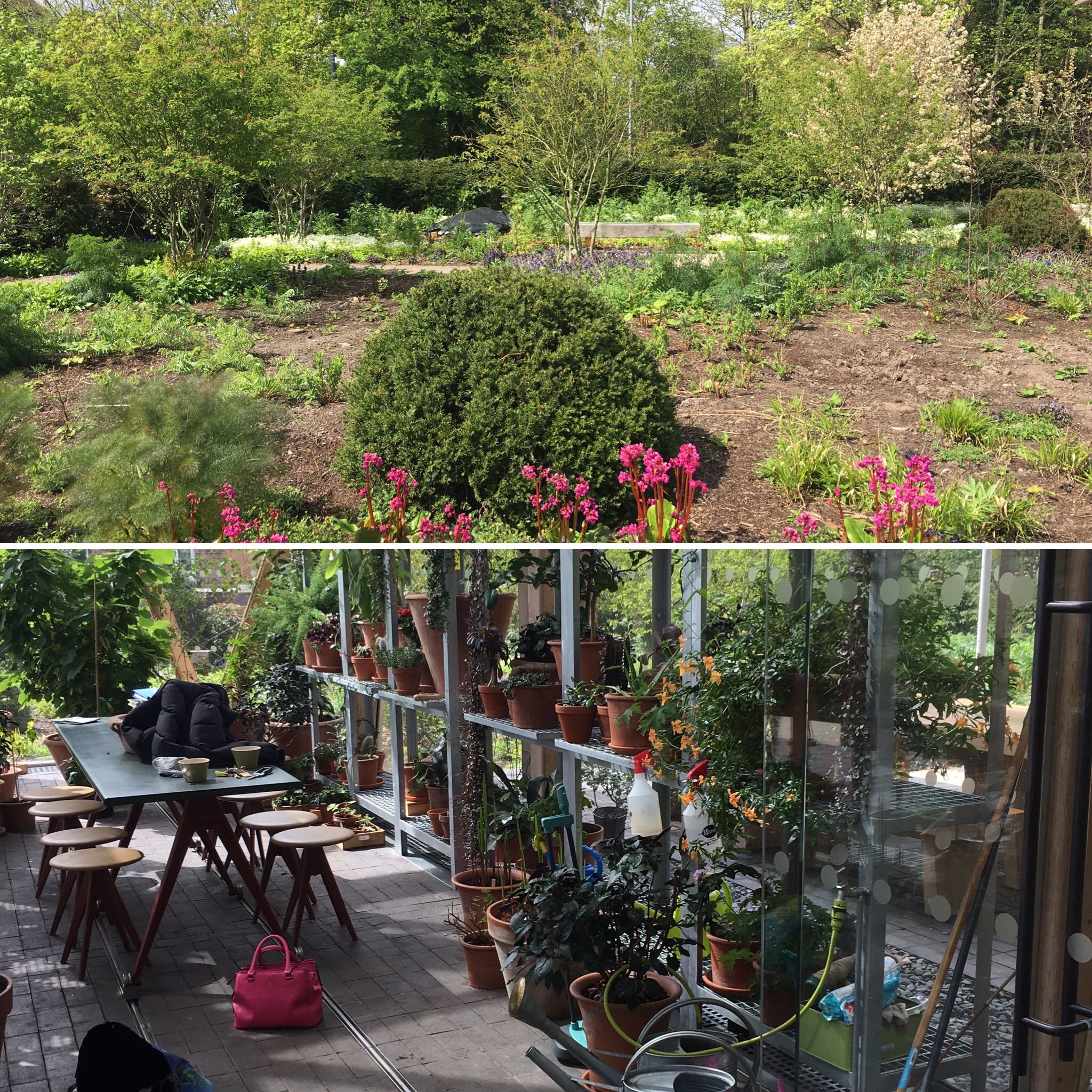Please let me share with you an uplifting experience and a new approach to cancer care I discovered recently.
By chance, during an unrelated event in Manchester, I was introduced to a development officer representing Maggie’s, a cancer charity organisation. I was delighted to subsequently receive a personal invitation to visit Maggie’s in Manchester.
Maggie’s Manchester is a new centre at The Christie Hospital (there are 18 other Maggie’s Centres across the UK and others are starting up outside the UK). The Manchester centre’s precise location is very familiar to me (just a stone’s throw away from the labs where I spent my early cancer research years). I was curious to find out more about new holistic approaches to cancer treatment and care.
A few weeks later, I took up the invitation. I dropped in for a chat over coffee, which led to a personal tour; which led to discussions with the development manager and centre head, and a chat with some of the volunteers, patients and their families. What a welcoming experience!

An immediately striking feature of the centre is its architecture and design. The building is set in gardens and there are areas where people can potter about doing a bit of gardening or just relax and be close to nature. Indoors, there is also an ambience of tranquility, space and natural features. There are open areas for meeting people or making new friends. Smaller meeting rooms provide more privacy for discussions, if preferred. There are also quiet alcoves for anyone just to be alone – perhaps to read a book from the small library which comprises an array of interesting and well-chosen subjects.
A small family group including children were chatting in a comfortable seating area. I can imagine the wood-burning fire is particularly welcoming in the winter months.
Elsewhere, people were making tea and coffee, sampling healthy snacks and chatting round a central feature – the kitchen table.
The kitchen table concept left a memorable impression and I learned this is a key theme of Maggie’s, generally.
‘At the heart of every Maggie’s Centre is a kitchen table: It’s a place to sit and read; a place to talk to other people; a place to find support from professional experts. You can walk into Maggie’s at any time, make yourself a cup of tea and sit down at the kitchen table to think, talk, laugh, cry or simply take a quiet moment. …’
I picked up one of their leaflets about Kitchen Table Days – where this concept extends to fundraising events run by volunteers beyond the centres, for example, in their own homes.
There is an important purpose to Maggie’s centres and they offer a range of services. People diagnosed with cancer can face difficult questions, exhausting treatment and complex emotions. Family and friends are affected too. The centres offer free practical, emotional and social support to people with cancer and their family and friends. An advantage of being located in the grounds of NHS cancer hospitals, is that there are professional staff on hand to offer the support people need. The centres also host and organise free classes, workshops and events.
‘Our Centres are places to find practical advice about benefits and eating well; places where qualified experts provide emotional support; places to meet other people; places where you can simply sit quietly with a cup of tea.’
All in all, it was an interesting day from many different perspectives. From discussions with the centre head I learned about the history and the vision of Maggie’s; the achievements and practical challenges, and some great initiatives. Moreover, it was lovely to meet a community of people supporting each other and supporting others: permanent staff, volunteers, people with cancer and their families and friends.
In the context of a fast-paced, often stressful life these days, Maggie’s is different – it’s an uplifting example of a holistic caring approach. It provides thinking time!
For more information about Maggie’s Manchester click here and about Maggie’s generally click here.
by Dr Julie Charlesworth 5/7/2017

